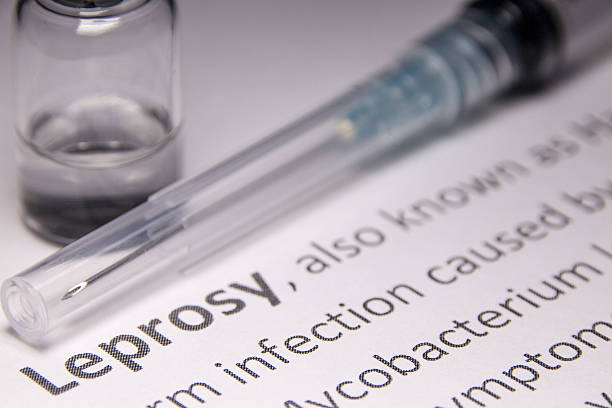Growing Number of Leprosy Cases Reported After COVID-19 Vaccination

A growing number of leprosy cases are being reported after COVID-19 vaccination, including two cases in the United Kingdom that researchers said may have been caused by the vaccines.
The researchers examined records from the Leprosy Clinic at the Hospital for Tropical Diseases in London. They found that of the 52 people who went to the clinic in 2021, at least 49 were vaccinated.
The study definition of a leprosy adverse event associated with a COVID-19 vaccine included developing leprosy or a leprosy reaction within 12 weeks of receiving a dose and the person having no previous history of leprosy or a leprosy reaction.
Two people met the case definition. One developed borderline tuberculoid (BT) leprosy one week after a second dose. The other experienced a reaction 56 days after a dose. Both doses were Pfizer’s BNT162b2 vaccine. Pfizer did not respond to a request for comment.
“The development of BT leprosy and a Type 1 reaction in another individual shortly after a dose of BNT162b2 vaccine may be associated with vaccine mediated T cell responses,” the researchers said.
The COVID-19 vaccines can provoke a response from white blood cells, or T cells. The cells are believed to protect against COVID-19.
T-cells can theoretically trigger Mycobacterium leprae, a bacteria that causes leprosy, leading to leprosy or a leprosy reaction, the researchers said.
Other vaccines have been shown to trigger leprosy or leprosy reactions, including tuberculosis vaccines, and some people who receive repeated COVID-19 vaccinations have been shown to have weakened immune systems.
Read more: Growing Number of Leprosy Cases Reported After COVID-19 Vaccination
This article has been archived for your research. The original version from David Icke can be found here.



